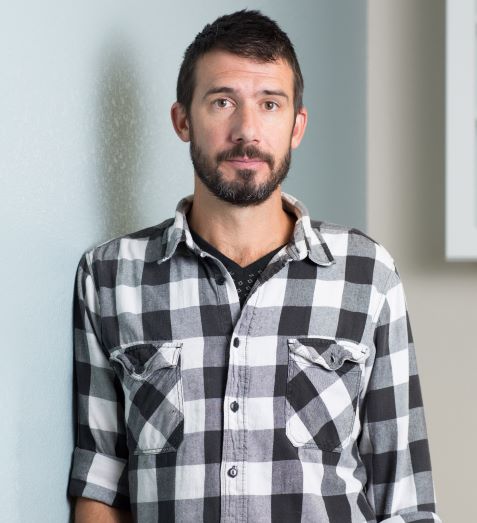Special Education Licensure

Special Education Initial Teacher Licensure
In the College of Education at Eastern Oregon University
东俄勒冈大学教育学院在拉格兰德的主校区提供现场特殊教育初世界杯英格兰vs伊朗实时比分级教师许可证(SEITL)本科课程。
The SEITL undergraduate program is a comprehensive two-year program that combines coursework in core study areas and structured in-person practicum and student teaching field placements. The emphasis of the SEITL undergraduate program is to prepare qualified, informed, and dynamic special educators for an Oregon teaching license with a special educator endorsement. After completing this program, teacher candidates will have the skills necessary to: a) select from and deliver a variety of evidence-based special education practices; b) understand how to collect and use data to inform educational decisions; c) collaborate effectively with families, students, and other educators/service providers and, d) adhere to the many legal and procedural aspects of special education.
Special Educator Licensure
Follow the link to the right to visit the EOU Academic Catalog and see the SEITL program checksheet.
Program Model
The SEITL undergraduate program is offered as an onsite cohort model over a six-term cycle at the main campus in La Grande. Students are required to begin the program at the start of the cycle and complete all courses in the cycle in the sequence in which they are offered.
Program completion requires 75 quarter credits, of which 58 credits comprise core coursework and 17 credits comprise practicum and student teaching field experiences. Pairing coursework alongside practical classroom experiences provides teacher candidates with opportunities to put theory and strategies into practice.
Course Delivery
所有课程都在位于格兰德的EOU主校区进行授课。实习和学生教学实习在联合大学和其他周边县进行。
Licensure
SEITL undergraduate program candidates must earn a passing score on the Oregon Educator Licensure Assessment (ORELA) Special Education Test to qualify for state licensure. This test is taken as part of the transition into student teaching near the end of the 4th term program. Please followthis linkfor more information about the test.
Staff Contact

Jerred Jolin, Ph.D.
Assistant Professor
541.962.3537
jjolin@eou.edu
- Ph.D. in Special Education: Joint Doctoral Program in Special Education, University of California, Berkeley & San Francisco State University
- M.A. in Human Science: Saybrook University
- B.A. in Psychology and Cultural Anthropology: University of California, Santa Barbara
Professor Jerred Jolin runs Eastern Oregon University’s Special Educator Endorsement Program. He earned his Ph.D in 2018 from the Joint Doctoral Program in Special Education at the University of California, Berkeley & San Francisco State University. His doctoral research applied innovative approaches to educational measurement and assessment in the context of developing a measure of soft skill proficiency for transition-age high school students in special education. In the Graduate School of Education at UCB, his research and coursework in the Quantitative Methods and Evaluation program encompassed methodological applications, in addition to studies into the conceptual and philosophical foundations of the practice of measurement in education. In the Department of Special Education at San Francisco State University, his work focused on understanding the nature of social cognitive challenges associated with ASD and the different ways to address difficulties experienced by this population across a variety of educational and community-based settings. Additionally, he provided supervision to pre-service and in-service mild/moderate special education teachers engaged in field-based experiences. Finally, he has held various professional roles supporting individuals with mild/moderate disabilities in the K-12 age range, both in and out of the classroom.
Together, his experiences have fostered a global-level understanding of service delivery from early childhood through school-based services to transition to employment in the community which have helped him to develop a deep understanding of the role various educational-based services play in the context of the development of individuals with disabilities throughout the lifespan.